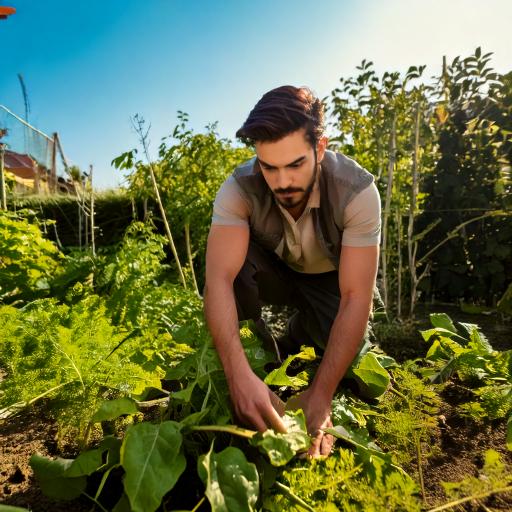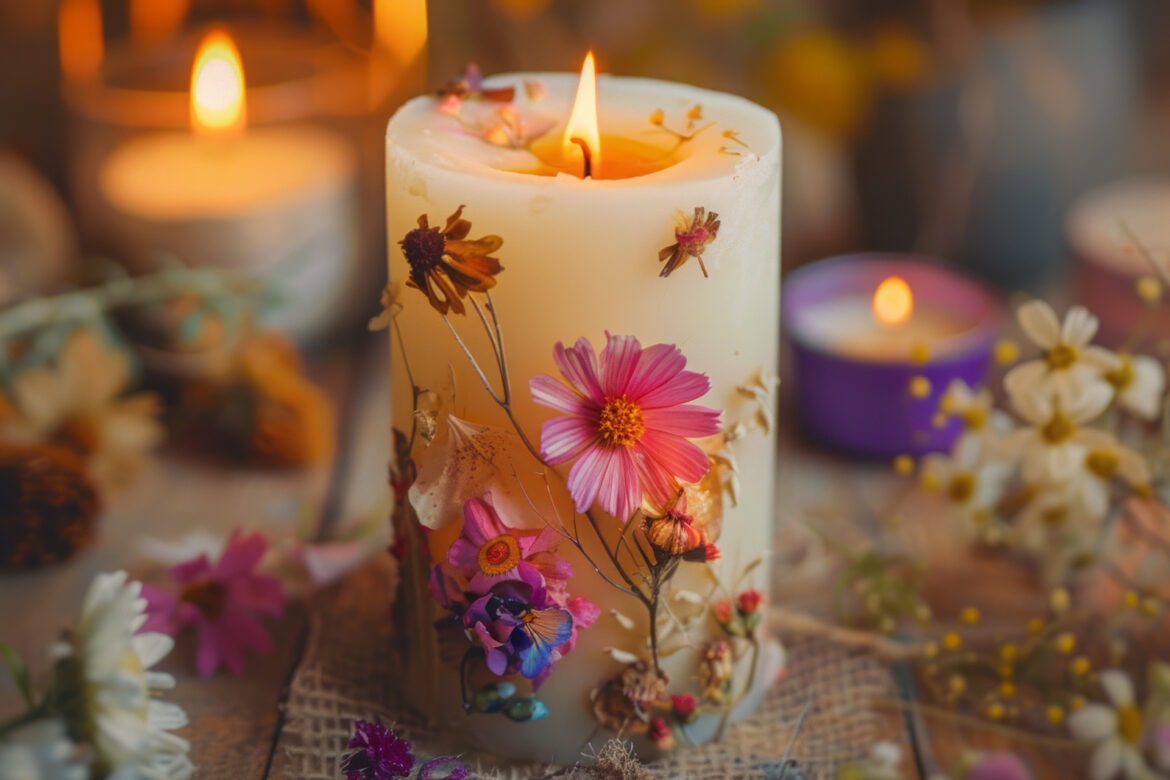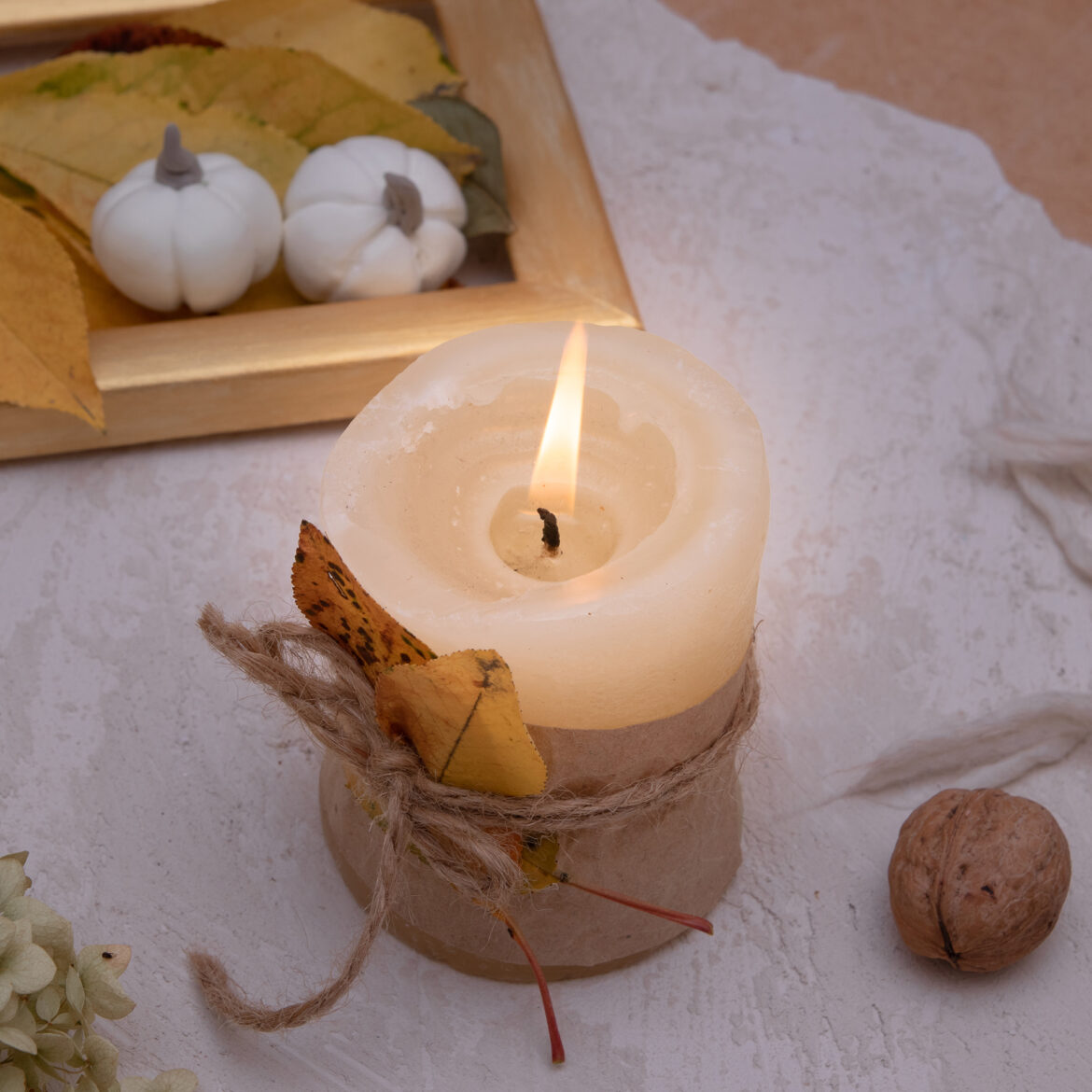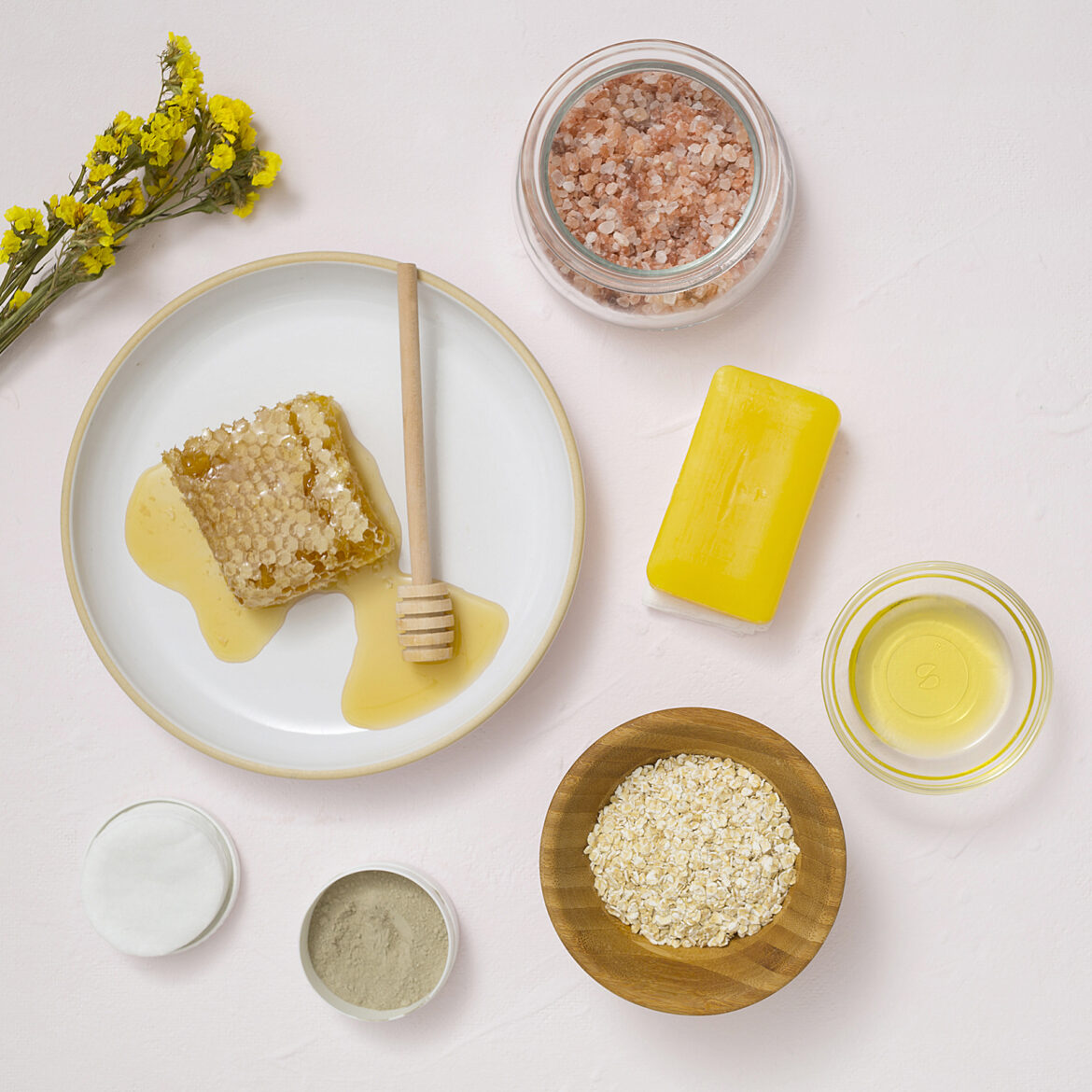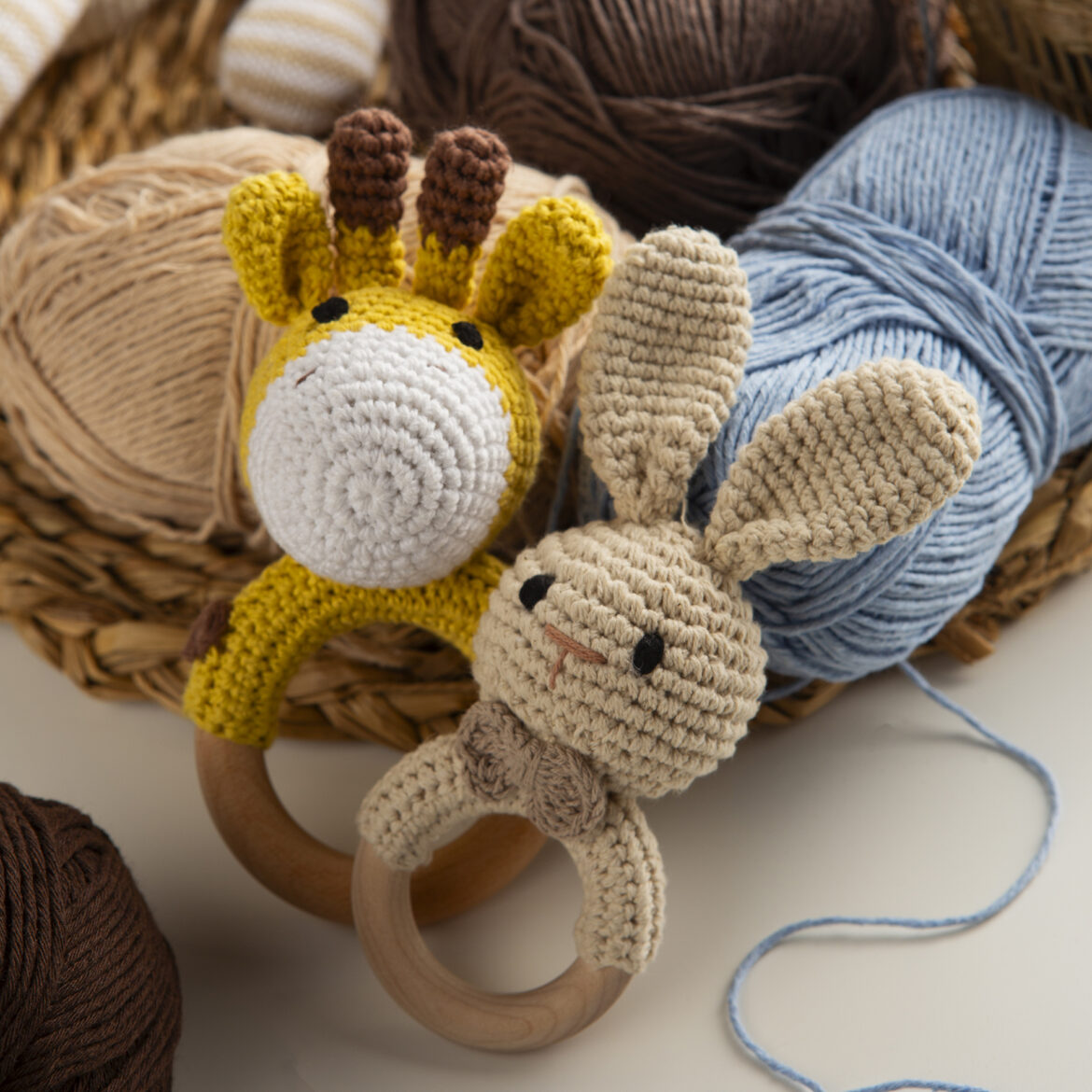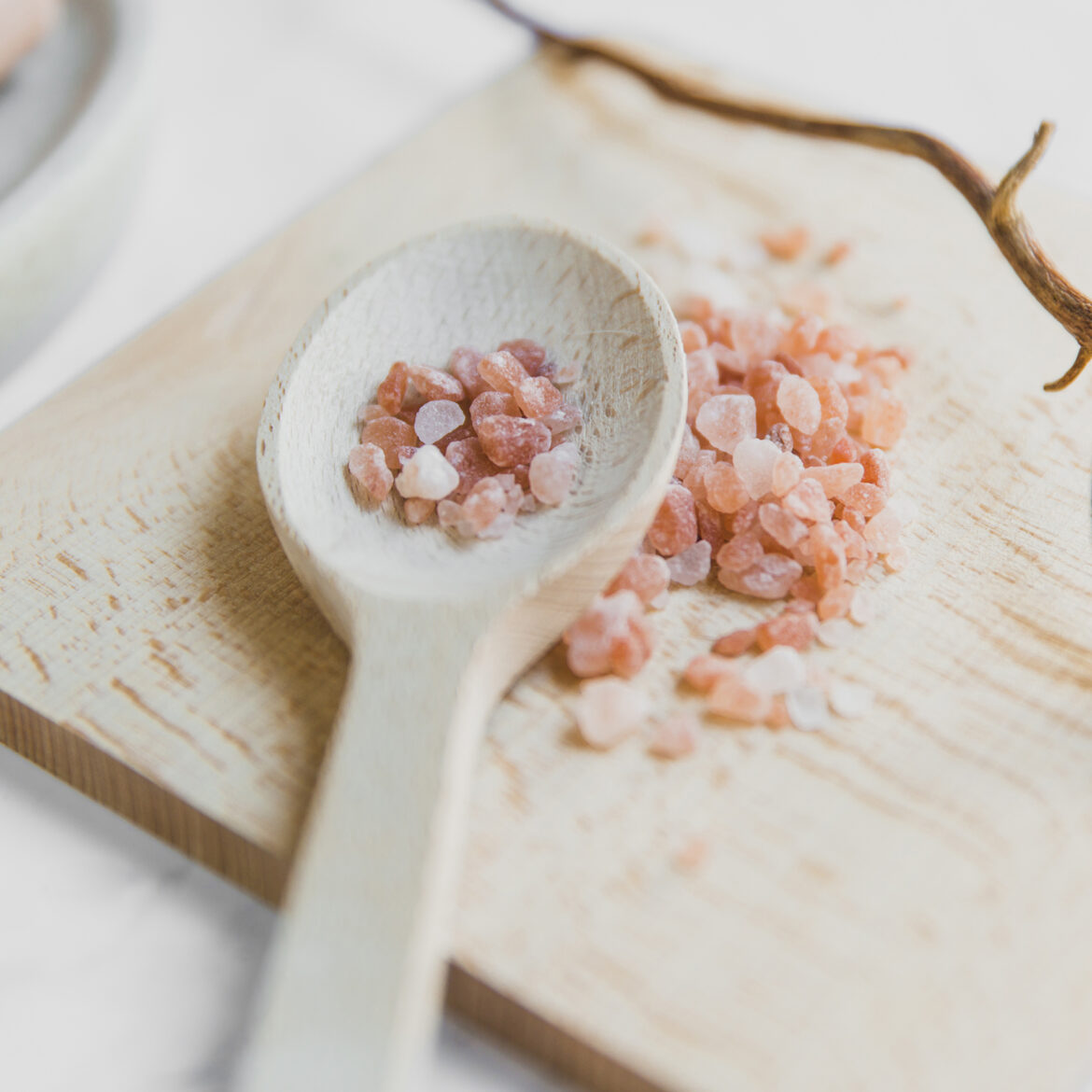Gardening for Beginners: Cultivating a Thriving Green Space
Gardening is a fulfilling and rewarding hobby that connects you to nature while adding beauty and freshness to your surroundings. Whether you’re a beginner with no prior experience or someone looking to rekindle your love for plants, this guide will walk you through the basics of creating your own thriving garden.
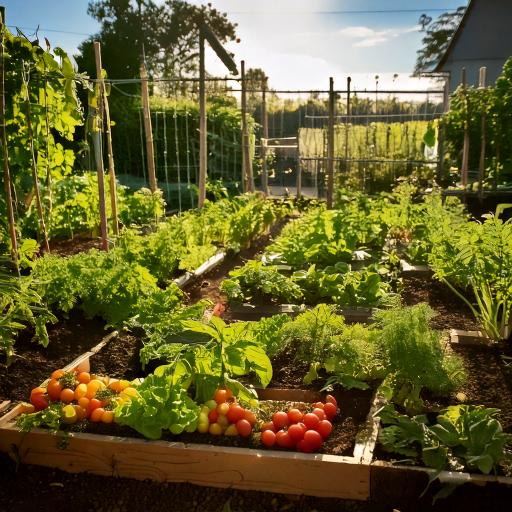
Start Small
If you’re new to gardening, begin with a manageable space.
- Container Gardening: Use pots or containers to grow herbs, vegetables, or flowers.
- Balcony or Patio Garden: Ideal for those with limited outdoor space.
- Pro Tip: Choose easy-to-grow plants like basil, lettuce, or marigolds to build confidence.
Understand Your Space
Before planting, observe your garden space.
- Light: Determine how many hours of sunlight the area receives daily. Some plants need full sun, while others thrive in partial shade.
- Soil: Check if the soil is sandy, clay-like, or loamy. Amend it with compost for better fertility.
- Climate: Select plants that suit your local weather conditions.
Choose the Right Plants
Select plants based on your goals and preferences.
- Vegetable Garden: Start with easy-to-grow veggies like tomatoes, peppers, and zucchini.
- Flower Garden: Opt for colorful, low-maintenance blooms like petunias, pansies, or sunflowers.
- Indoor Plants: Consider hardy options like pothos, snake plants, or spider plants.
Use Quality Tools
Invest in basic gardening tools for an easier and more enjoyable experience.
- Must-have tools include a trowel, pruners, gloves, and a watering can.
- Choose ergonomic designs to reduce strain during gardening activities.
Master Watering Techniques
Understanding how and when to water is essential for plant health.
- Frequency: Water plants early in the morning or late afternoon.
- Technique: Water deeply but avoid overwatering, which can lead to root rot.
- Tip: Use a soaker hose or drip irrigation for efficient watering.
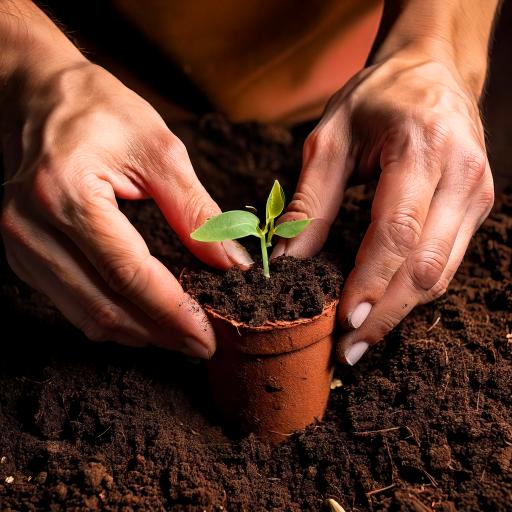
Nourish Your Plants
Healthy plants need proper nutrition.
- Add organic compost or fertilizer to the soil for essential nutrients.
- Use natural pest control methods like neem oil to protect your garden.
- Mulch the soil to retain moisture and reduce weed growth.
Regular Maintenance
Gardens thrive with consistent care.
- Weeding: Remove weeds regularly to prevent competition for nutrients.
- Pruning: Trim dead leaves and stems to encourage new growth.
- Observation: Check plants for signs of pests or diseases and act quickly to address issues.
Plan for Seasons
Gardening is a year-round activity with seasonal variations.
- Spring: Plant flowers, vegetables, and herbs.
- Summer: Focus on hydration and pest control.
- Autumn: Prepare the soil with compost and plant cool-season crops.
- Winter: Protect plants from frost with covers or move them indoors.
Experiment and Learn
Gardening is about exploration and discovery.
- Try growing something new each season.
- Attend local gardening workshops or join online forums for tips and inspiration.
- Keep a gardening journal to track your successes and challenges.
Enjoy the Process
Gardening is not just about the outcome but also the journey.
- Spend time admiring your work and connecting with nature.
- Share your garden’s bounty with family and friends.
- Relish the therapeutic benefits of working with plants.
Conclusion
With patience, effort, and a bit of experimentation, you can create a beautiful and productive garden. Start with these beginner-friendly steps, and soon you’ll find yourself immersed in the joy of nurturing plants and watching them flourish.


